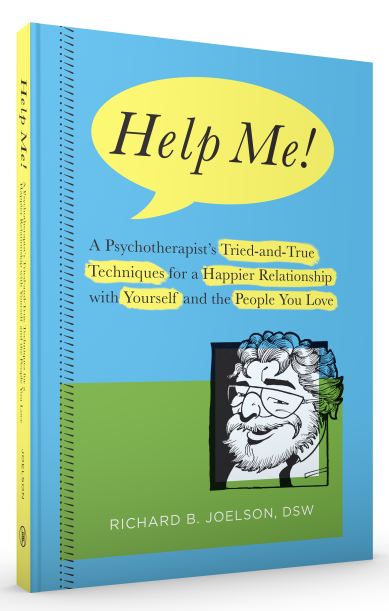
How can we distinguish between self-care and giving up?
Bruce was as excited about his new relationship with Katie, a woman he met through an on-line dating service, as he was about his new job as a production assistant for a popular television talk show. His wild enthusiasm about both new endeavors was typical of Bruce, as was the predictable outcome for both experiences. Bruce was just fine as long as he continued to see Katie as the “perfect girlfriend,” whom he described as “flawless.” The same was true of “the best job in the world”—until both Katie and the job managed to cause some frustration or disappointment at which point Bruce wanted to quit both of them. He was encouraged to explore his tendency to act this way, rather than simply repeat this behavior and, to his credit, was able to do so.
For some people, quitting comes too easily, too often, and applies to too many experiences in their lives. When excitement and novelty wear off, as invariably occurs with most things, those who have difficulty tolerating frustration or handling occasional or temporary boredom, are ready to move on. Boredom and frustration are not the only reasons we quit too soon. When something we are engaged in proves too difficult and seems as though it could lead to humiliation and failure, we may convince ourselves that we are really not that interested anyway and quit. A person I know who finally fulfilled a long-standing desire to learn to play tennis found it difficult to tolerate the frustration of not achieving instant excellence after six lessons. He made the case for quitting by denigrating the sport, suddenly worrying about the potential for physical injury, and being “too busy” to continue his “inconvenient” lessons. Unfortunately, he could not or would not tolerate the road to mastery as a tennis player the way he had been able to tolerate the journey to a successful career as a patent attorney.
There are times, of course, when stopping something, as distinguished from quitting it, may be wise and well advised. It is important to recognize the differences between the two. Stopping implies a reevaluation of your decision to do or not do something for sound and valid reasons. Quitting implies giving up and releasing yourself from the burden of responsibility for your actions.
If any of the above-described behaviors applies to you, there are things you might do to help yourself:
First, recall the last time you quit something and review both the positive and negative consequences of having done so.
Second, look at your present situation and try to determine the wisdom or folly of quitting at this time.
Third, ask a trusted friend or colleague to review your choices in order to obtain a more objective view of your situation.
Finally, if you are inclined to quit something, ask yourself: why, and why now? Are the reasons justifiable or are you simply looking to avoid something unpleasant, such as embarrassment or boredom?
